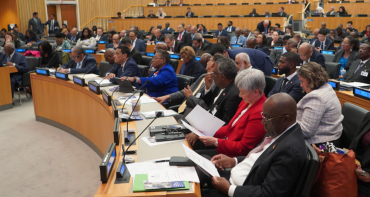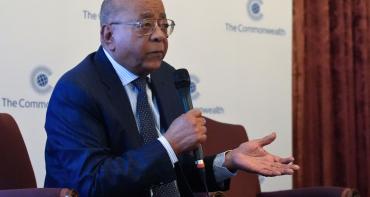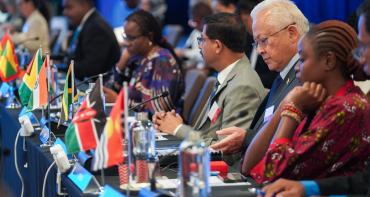The 14th Regional Conference of Heads of Anti-Corruption Agencies in Commonwealth Africa concluded on Friday 10 May 2024 in Accra, Ghana with a unanimous adoption of a communiqué outlining a shared approach to addressing the most pressing challenges posed by corruption.
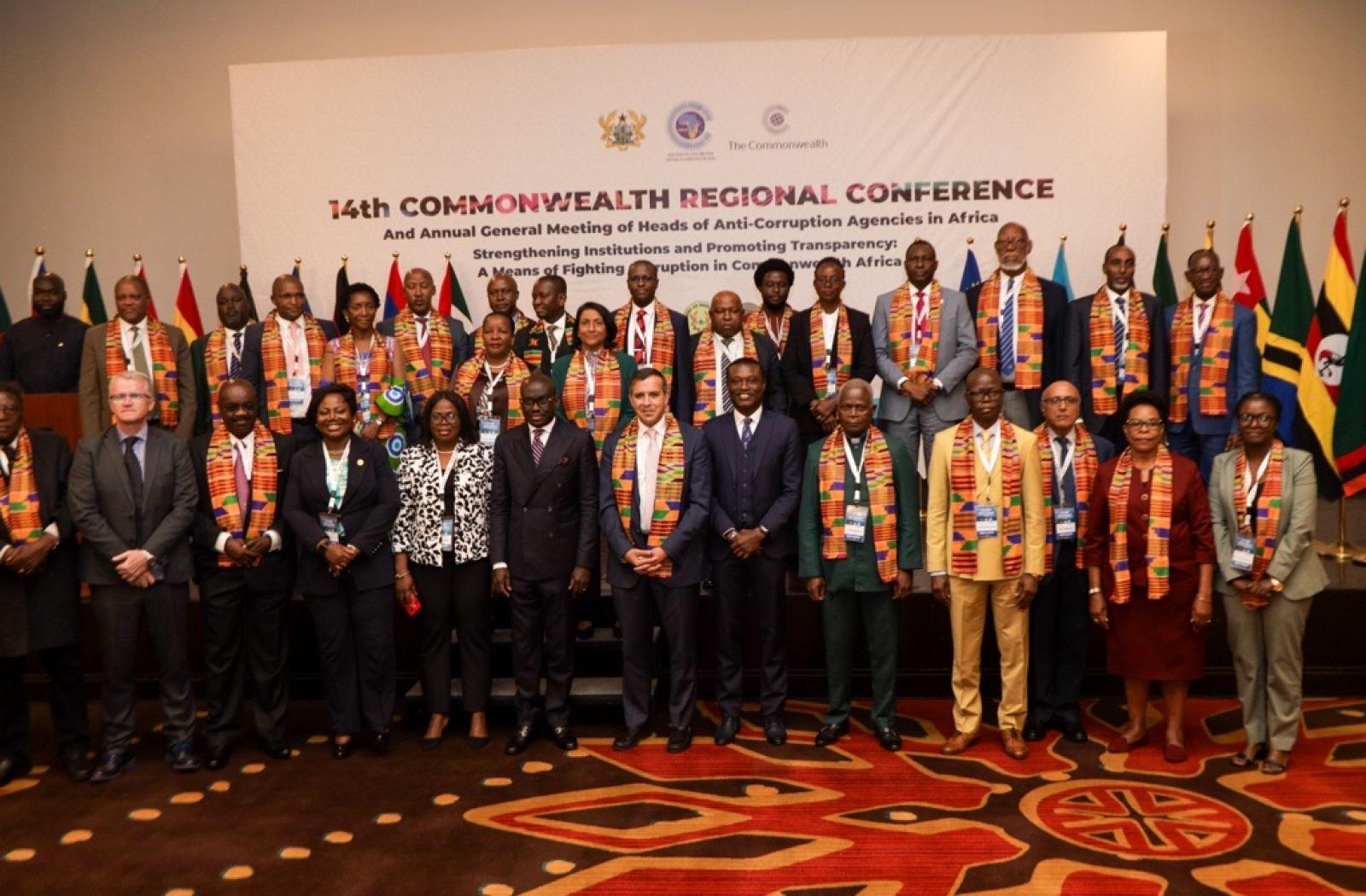
The five-day conference was organised by the Commonwealth Secretariat in collaboration with the Government of Ghana and convened under the theme “Strengthening institutions and promoting transparency: A means of fighting corruption in Commonwealth Africa”.
Delegates recognised that corruption continues to be a key challenge in the continent. The United Nations reports that corruption and illicit financial flows cost the global economy US$3.5 trillion every year. According to UNCTAD’s Economic Development in Africa Report 2020, it is estimated that Africa loses more than US$50 billion a year to illicit flows. In the last 50 years, Africa lost over US$1 trillion, which is the equivalent to all the official development assistance received during the same period.
The heads of Anti-Corruption Agencies in Commonwealth Africa agreed to enhance efforts to combat corruption by increasing cooperation between local, regional and international agencies. Additionally, they emphasised the critical need to utilise technology to combat corruption in order to achieve Sustainable Development Goal (SDG) 16.
Speaking at the conclusion of the conference, Dr Roger Koranteng, the Secretariat’s Adviser and Head of Public Sector Governance said:
"It's crucial that we continue to combat corruption, but equally vital to remain united when corruption fights back. It has been a successful week of deliberations during which we exchanged several ideas and heard success stories on what countries are doing to prevent and eradicate corruption.
Given the global nature of corruption, the Commonwealth remains dedicated to empowering African member states with the skills to tackle and eliminate corruption entirely as we work towards achieving Sustainable Development Goal 16. Corruption undermines education, health, justice, democracy, prosperity, and development, making it one of the greatest obstacles to achieving SDGs.”
The Commonwealth Secretariat’s ongoing anti-corruption work
The Commonwealth Secretariat is committed to supporting national anti-corruption agencies across Commonwealth member states to become more effective in combating corruption.
Opening the event, Assistant Secretary-General at the Commonwealth Secretariat, Professor Luis Franceschi, said:
“In Africa, Commonwealth countries are perceived as less corrupt than non-Commonwealth countries, as indicated by their respective Corruption Perceptions Index (CPI) scores with Commonwealth Anti-Corruption work as a key contributing factor.
I applaud the fact that eight or nine of the top 10 best-performing countries in Africa on Transparency International’s Corruption Index and the Mo Ibrahim Index of African Governance are Commonwealth members. Additionally, it's noteworthy that no Commonwealth African countries are among the ten most corrupt countries in the world. This speaks volumes about our dedication to combatting corruption and promoting good governance.”
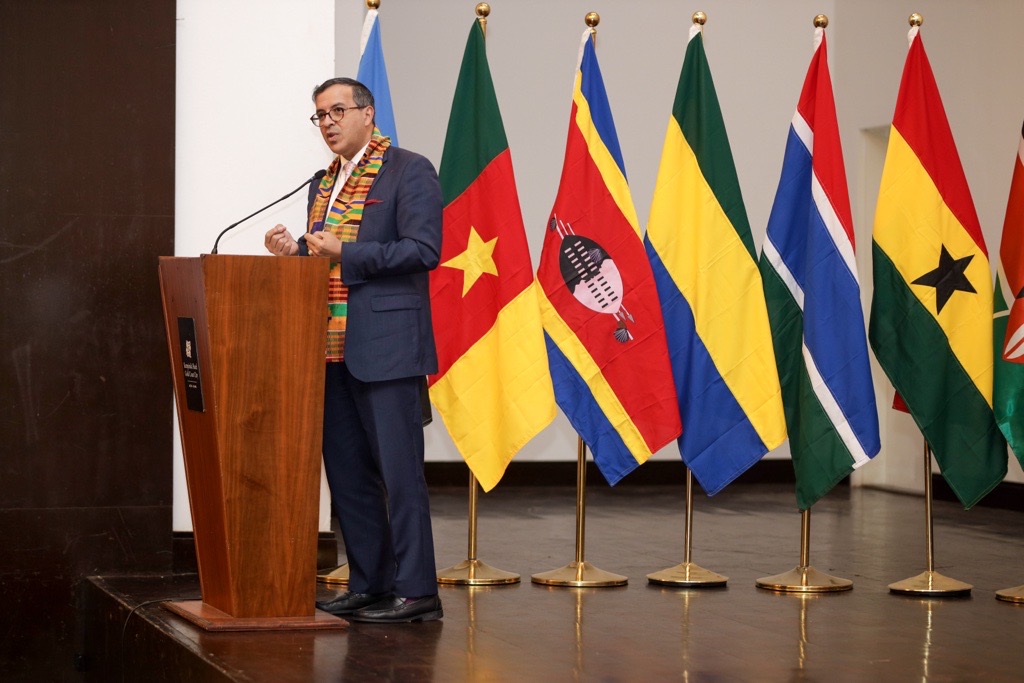
In 2013 the Association of Anti-Corruption Agencies in Commonwealth Africa was established to facilitate collaboration and the sharing of expertise and best practices. In the same year, the Commonwealth Secretariat partnered with the Government of Botswana to launch the first continent-wide Commonwealth Anti-Corruption Centre (CAACC) in Gaborone.
This centre endeavours to reduce the losses suffered by African Commonwealth countries by providing government officials and law enforcement agencies with practical guidance and training. In 2021, the Commonwealth Anti-Corruption Benchmarks were introduced, a landmark set of measures aims to bolster international efforts in combating corruption.
Media contact
-
Grace Adeniji Communications Officer, Communications Division, Commonwealth Secretariat

